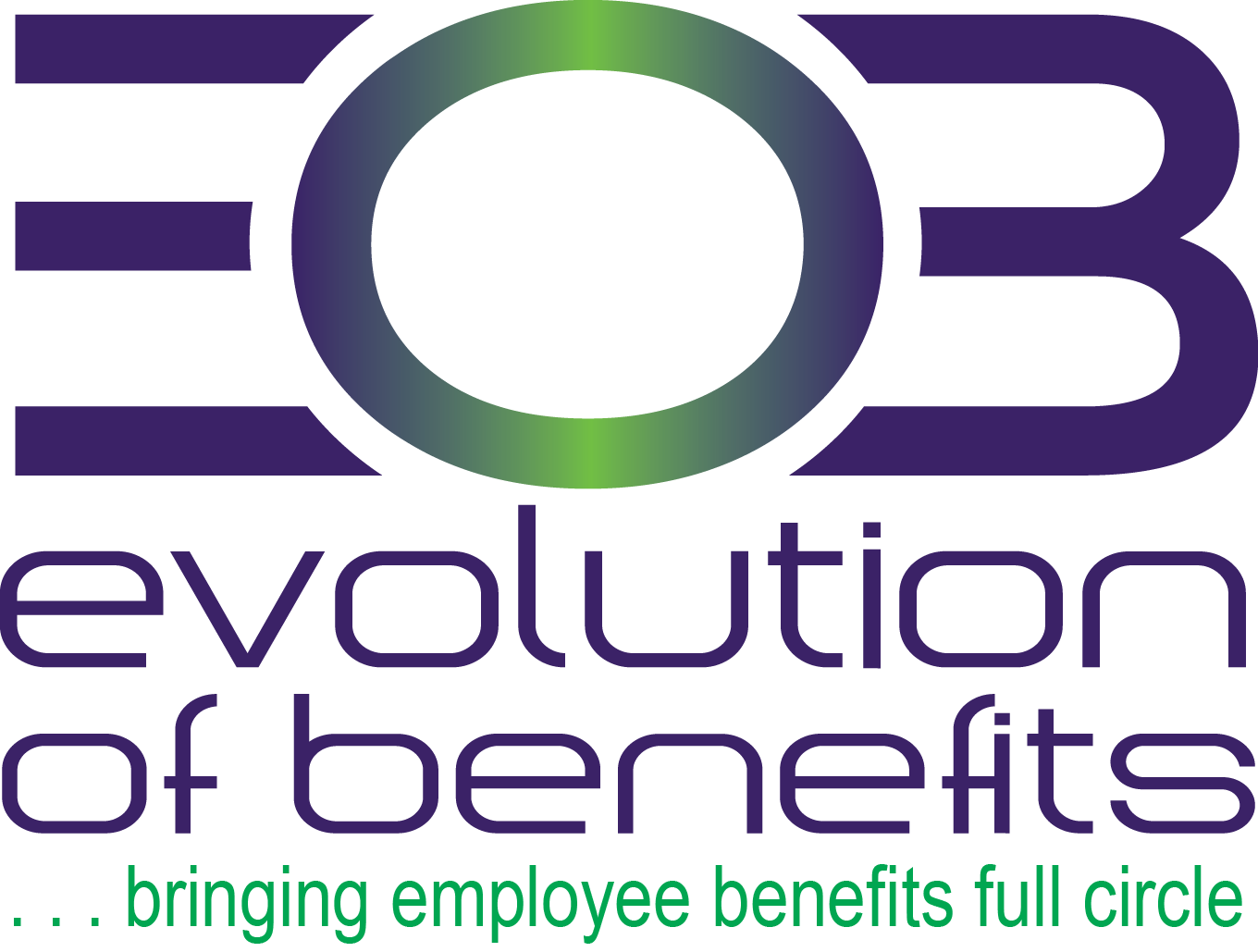HR Compliance Bulletin: Preparing for the DOL’s New Overtime Rule

In early March 2024, the U.S. Department of Labor’s (DOL) proposed
overtime rule, announced in August 2023, entered its last stage of review.
Publication of the final rule is expected soon. The rule would amend the
requirements that employees in certain white-collar occupations must
satisfy to qualify for an overtime exemption under the Fair Labor
Standards Act (FLSA).
The FLSA white-collar exemptions apply to individuals in executive,
administrative, and some outside sales personnel and computer-related
occupations. Some highly compensated employees (HCEs) may also
qualify for a FLSA white-collar exemption.
For more info, download the latest compliance overview below.
Click here to view and download the latest HR Compliance Overview
HR Compliance Overview: What Employers Should Know About EEO Retaliation

The U.S. Equal Employment Opportunity Commission (EEOC) is a federal agency responsible for enforcing federal equal employment opportunity (EEO) laws. Each EEO law listed below covers certain private-sector employers and prohibits retaliation and related conduct. Retaliation occurs when an employer penalizes an employee or applicant for asserting his or her right to be free from discrimination under the EEO laws, including:
- Title VII of the Civil Rights Act of 1964 (Title VII)
- The Equal Pay Act of 1963 (EPA)
- The Age Discrimination in Employment Act of 1967 (ADEA)
- Titles I and V of the Americans with Disabilities Act of 1990 (ADA)
- Title II of the Genetic Information Nondiscrimination Act of 2008 (GINA)
- The Pregnant Workers Fairness Act of 2022 (PWFA)
For more info, download the latest compliance overview below.
Click here to view and download the latest HR Compliance Overview
2024 HR Calendar Monthly Reminders

Between navigating the changing economic environment, addressing new attraction and retention
trends and balancing day-to-day operations, 2024 will likely be a busy and challenging year
for HR professionals. So, now is the time for HR teams to prepare their organizations and employees
for 2024. Creating a calendar of reminders will allow HR professionals to be more organized
and productive throughout the year.
December HR Compliance Deadlines 2023

KEY DEADLINES
Dec. 15, 2023—Provide SAR to plan participants (calendar- year plans only) – if Form 5500 deadline was extended Provide an SAR to covered employees by Dec. 15, 2023, if the plan’s form 5500 deadline was extended. In general, the SAR must be provided within nine months of the close of the plan year. However, if the plan’s Form 5500 deadline was extended, the SAR must be provided within two months after the close of the extension period. For calendar-year plans, this extended deadline is Dec. 15, 2023. Plans that are exempt from the annual 5500 filing requirement are not required to provide a SAR. Unfunded welfare plans are also generally exempt from the SAR requirement.
November HR Compliance Deadlines 2023

KEY DEADLINES
COMPLIANCE REMINDERS
As the end of the year approaches, consider taking the following steps to encourage employees to utilize any unused benefits for 2023:
October HR Compliance Deadlines 2023

KEY DEADLINES
Oct. 3, 2023—Provide ICHRA notice for 2024 plan year
(calendar year plans only)
Employers who offer individual coverage health reimburse-ment arrangements (ICHRAs) must provide a notice to eligible employees regarding the ICHRA’s coverage. This notice must be provided at least 90 days before the beginning of each plan year. For ICHRAs that operate on a calendar year basis, this notice must be provided by Oct. 3, 2023, for the upcom-ing 2024 plan year. A model notice is available for employers to use.
September Compliance Deadlines 2023

KEY DEADLINES
Sept. 30, 2023—Provide SAR to plan participants (calendar year plans only) – if Form 5500 deadline was not extended Provide a summary annual report (SAR) to plan participants by Sept. 30, 2023, if the employee benefit plan’s Form 5500 deadline was not extended. The SAR must be provided within nine months of the close of the plan year unless the plan’s Form 5500 deadline was extended. Plans exempt from the annual 5500 filing requirement are not required to provide an SAR. Unfunded welfare plans are also generally exempt from the SAR requirement.
HSA/HDHP Limits Increase for 2023

On April 29, 2022, the IRS released Revenue Procedure 2022-24 to provide the inflation-adjusted limits for health savings accounts (HSAs) and high deductible health plans (HDHPs) for 2023. The IRS is required to publish these limits by June 1 of each year.
These limits include:
- The maximum HSA contribution limit;
- The minimum deductible amount for HDHPs; and
- The maximum out-of-pocket expense limit for HDHPs.
Highlights
- Each year, the IRS announces inflation-adjusted limits for HSAs and HDHPs.
- By law, the IRS is required to announce these limits by June 1 of each year.
- The adjusted contribution limits for HSAs take effect as of Jan. 1, 2023.
- The adjusted HDHP cost-sharing limits take effect for the plan year beginning on or after Jan. 1, 2023.
Important Dates
- January 1, 2023
- The new contribution limits for HSAs become effective.
- 2023 Plan Years
- The HDHP cost-sharing limits for 2023 apply for plan years beginning on or after Jan. 1, 2023.
Click here to learn more and download the latest Compliance Bulletin
Agencies Issue FAQs on Coverage of COVID-19 Diagnostic Testing

On Feb. 4, 2022, the Departments of Labor (DOL), Health and Human Services (HHS) and the Treasury (Departments) jointly issued FAQs (FAQs Part 52) regarding coverage of over-the-counter (OTC) COVID-19 tests.
- The new FAQs amend the prior guidance on OTC COVID-19 tests to ensure that plans and issuers have significant flexibility in how they provide access to those tests.
- The Departments provide examples of steps that plans and issuers can take to prevent and address fraud and abuse.
- The cost of OTC COVID-19 tests can be reimbursed by a health FSA or health savings account (HSA), but not if the cost is paid for or reimbursed by another health plan.
Click here to learn more and download the latest Compliance Bulletin
Compliance Bulletin – Proposed Rule Would Extend ACA Reporting Furnishing Deadlines

On Nov. 22, 2021, the IRS released a proposed rule that would extend the annual furnishing deadlines for Sections 6055 and 6056 reporting under the Affordable Care Act (ACA). This proposed rule would essentially make permanent the furnishing deadline extension that has been provided for each prior year of ACA reporting. Specifically, the proposed rule would:
- Extend the due date for furnishing statements to individuals under Sections 6055 and 6056 by 30 days from Jan. 31 each year; and
- Provide additional penalty relief related to furnishing statements to individuals under Section 6055 for every year in which the individual mandate penalty is zero. Under this relief, employers would generally only have to provide Form 1095-B to covered individuals upon request.
Click here to learn more and download the latest Compliance Bulletin




















